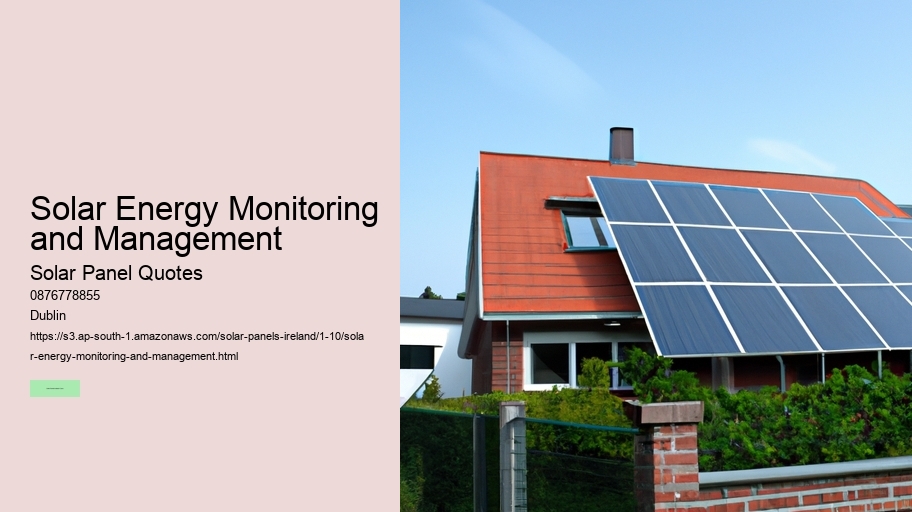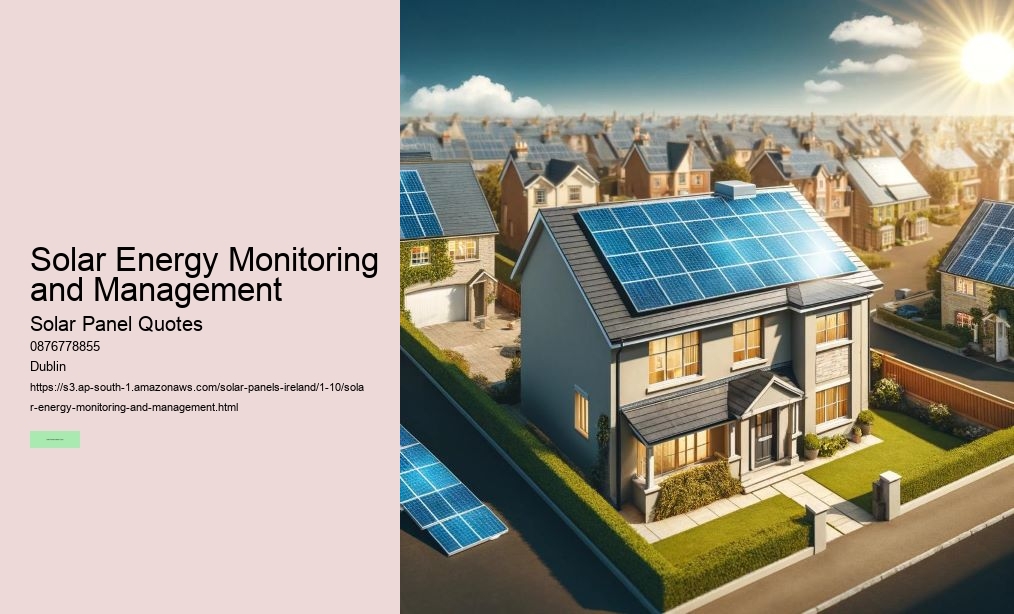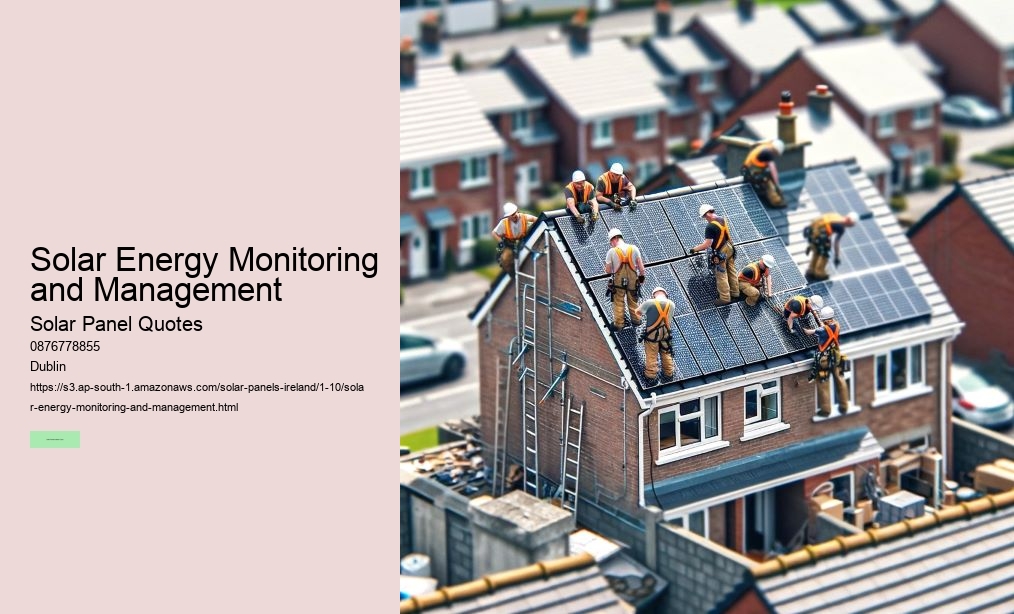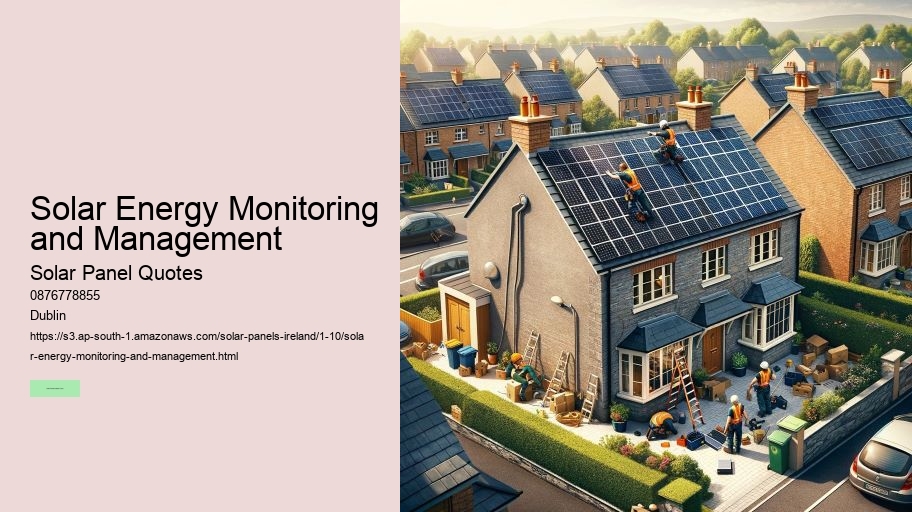

During this time, savings on electricity bills and income from the Microgeneration Support Scheme-offering payments for exported electricity-help recover the initial investment. For instance, they can be used to charge electric vehicles or power home energy storage systems. Energy storage is an important consideration for those investing in solar panels.
This cost depends on various factors, including the size of the system, energy needs, and optional features like energy storage or advanced solar inverters. Solar panels represent a significant step toward sustainability and efficient energy use in Ireland.
Additionally, the removal of VAT on solar panels, effective from May 2023, further makes the transition to solar energy more affordable. looking for the cheapest solar panel ireland cost then checkout solar panel quotes. When selecting a solar panel provider, it's important to consider factors such as experience, certifications, and customer reviews.
Choosing the right solar system requires careful consideration of individual needs. With advances in solar technology, modern panels offer higher efficiency rates, even in Ireland's relatively mild climate. As energy prices continue to rise and climate concerns grow, solar panels provide a forward-thinking solution to power your home efficiently and sustainably.
This period is shorter than many other investments, and after the payback period, homeowners can enjoy 20 or more years of low-cost electricity, generating significant savings over time.
By harnessing sunlight to generate electricity, solar panels significantly reduce the carbon footprint of homes and businesses. Homeowners can monitor their electricity generation and consumption in real time, making informed decisions to optimize their energy use. Adding features such as shading optimizers or higher-capacity inverters can improve system performance but may slightly increase the initial cost.
For optimal results, a site survey will help determine the most suitable system for your property. Solar panels also contribute to efficient energy use beyond electricity generation.
These initiatives align with Ireland's goals of reducing greenhouse gas emissions and encouraging sustainable energy practices. Regular cleaning to remove dirt and debris is often sufficient to maintain optimal performance.
In addition to individual benefits, solar panels support the broader energy transition by feeding surplus electricity into the national grid. Homes equipped with rooftop photovoltaic systems are perceived as energy-efficient and environmentally friendly, making them more attractive to potential buyers.


Rechargeable batteries allow excess energy to be stored during the day and used at night or during periods of low sunlight. Polycrystalline silicon panels offer a more cost-effective solution, while Thin-film solar cells are suitable for specific applications. Larger systems with higher Watt Peak (kWp) capacities will naturally cost more but provide greater energy generation.
In addition to the type and number of solar panels, the inclusion of energy storage solutions can impact the cost. In addition to financial benefits, solar panels contribute to environmental sustainability.
These panels, while slightly more expensive than polycrystalline options, are known for their durability and high performance. Regular maintenance, such as cleaning and occasional inspections, ensures optimal performance and maximizes their return on investment.
High-quality systems paired with long-term support and warranties ensure a smooth transition to renewable energy. For homeowners in Ireland, embracing solar energy offers a pathway to lower energy costs, enhanced property value, and a reduced environmental footprint.

By generating clean energy, households contribute to lowering global greenhouse gas emissions. This aligns with Ireland's efforts to combat climate change and promote sustainable energy practices. Battery systems, while adding to initial costs, provide resilience and energy independence by minimizing reliance on grid energy storage.
For those with electric vehicles, battery chargers can be integrated into the system, offering a comprehensive sustainable energy solution. Energy storage is another consideration when evaluating solar panel costs.
This contributes to global efforts to combat climate change and aligns with Ireland's sustainable development objectives. The Microgeneration Support Scheme, combined with smart meters, enables homeowners to benefit from feed-in tariffs for surplus energy, making solar panels an even more attractive investment.
The cost of solar panels in Ireland is an essential factor for anyone considering renewable energy. Additionally, Thin-film solar cells are available for specific applications, adding versatility to the photovoltaic system market.

Environmental benefits are a core advantage of solar energy systems. This combination can help meet both electricity and hot water heating needs. Factors such as the orientation and shading of your roof, the type of solar inverter, and the efficiency of the solar cells all play a role in the overall performance of your system.
This versatility enhances the overall value of the system and contributes to efficient energy use. This dual functionality enhances their value and makes them a versatile solution for meeting household energy needs.
With the combination of government support, advanced technology, and long-term savings, solar panels are an investment that pays dividends for both your wallet and the environment. On average, the cost of solar panels in Ireland ranges from €6,000 to €18,000, with several factors influencing the final price.
The cost of adding a battery depends on the size and capacity, but it can make the system more efficient and provide peace of mind during power disruptions. While the initial expenses may appear high, the long-term advantages in terms of savings and sustainability make it a worthwhile investment.
Ireland's feed-in tariff system provides compensation for surplus energy, which is credited via smart meters. Solar thermal collectors can reduce reliance on electric heating or gas boilers, providing an efficient solution for water heating. Solar panels offer additional value by increasing property attractiveness and market value.
While not mandatory, a rechargeable battery or home energy storage system can significantly enhance the functionality of a solar panel installation. This added value aligns with global trends in efficient energy use and sustainable living.
This increased property value complements the energy cost savings and supports long-term sustainability goals. Solar panels also contribute to property value.
Solar panels have become an increasingly popular choice for homeowners and businesses looking to reduce their electricity expenses and contribute to sustainable energy development. Solar power can also be used in conjunction with other energy-efficient technologies, such as electric vehicles, to further reduce household energy consumption and carbon emissions.

Yes, given the rising cost of electricity and the availability of government incentives, solar panels are a financially sound and sustainable investment in Ireland.
Monocrystalline solar panels offer high efficiency and longevity, making them ideal for maximizing output in areas with limited space.
Solar panels require minimal maintenance, primarily involving regular cleaning and periodic checks to ensure they are functioning optimally.
Yes, the Irish government offers several incentives, including SEAI grants and a reduction in VAT on solar equipment to promote solar energy adoption.
Yes, installing solar panels can increase home value by improving energy efficiency and attractiveness to potential buyers who value sustainability.